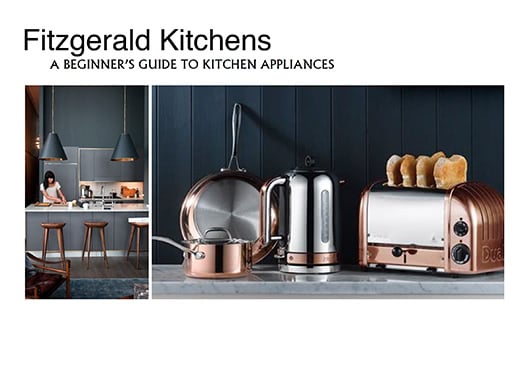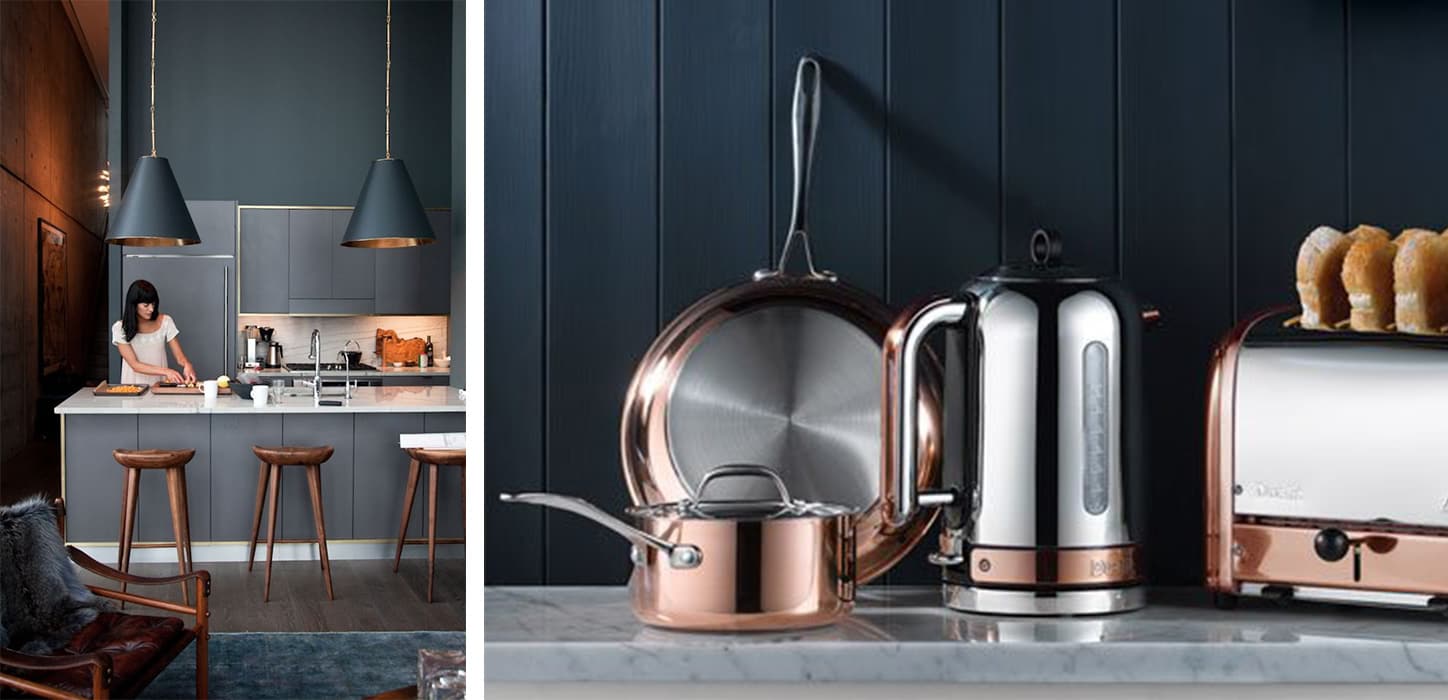
Introduction
Choosing your first major kitchen appliance can be a bit overwhelming, especially if you’re not sure what features to look out for.
With this handy guide, we’ll give you all the necessary advice to make an informed decision. We’ll cover everything except the kitchen sink and even share a few clever energy saving tips!
TIP 1
Save energy in your kitchen through more efficient use of your appliances.
Be sure that your dishwasher is full, but not overloaded, when you run it.
Want To Skip Ahead?
- A Heated Debate: Range vs. Oven & Cooktop
- Hobs, Ovens, Warming Drawers and Stored Heat Ovens
- Gas, Electric or Dual Fuel?
- Extraction Options
- Extraction Hood Styles
- Choosing the Right Fridge
- The Cold Zone: Chest Freezers & Upright Units
- What to look for in a Dishwasher
- Washers, Dryers & Combo’s
- Conventional vs. Convection Microwaves
- Our Top 10 Small Appliances
- Contact Us
A Heated Debate: Range Cooker vs Oven & Cooktop
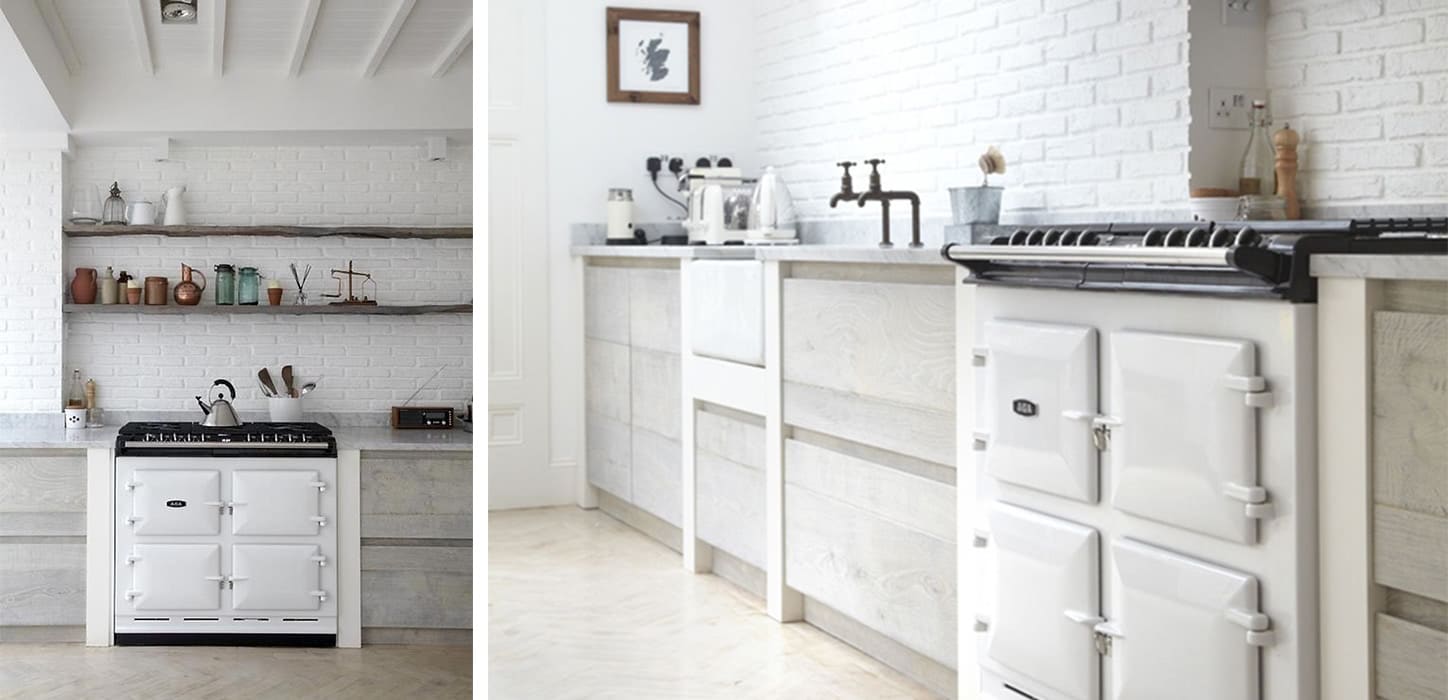
Much can be said for both of these appliances and a lot will come down to personal choice. Here are few points to note:
Range Cookers:
- Tend to be bigger than standard ovens;
- Offer 5 to 8 burners, 2 separate ovens, a grill and a warming or storage drawer;
- Are usually more expensive;
- Tend to have many added extras like wok rings, griddle pans and roasting trays.
Oven & Cooktop:
- Give you ultimate flexibility in layout;
- Can be significantly less expensive;
- Cabinets can be tailored around the units;
- Because they’re built-in, it adds value to your home
Hobs, Ovens, Warming Drawers & Stored Heat Ovens
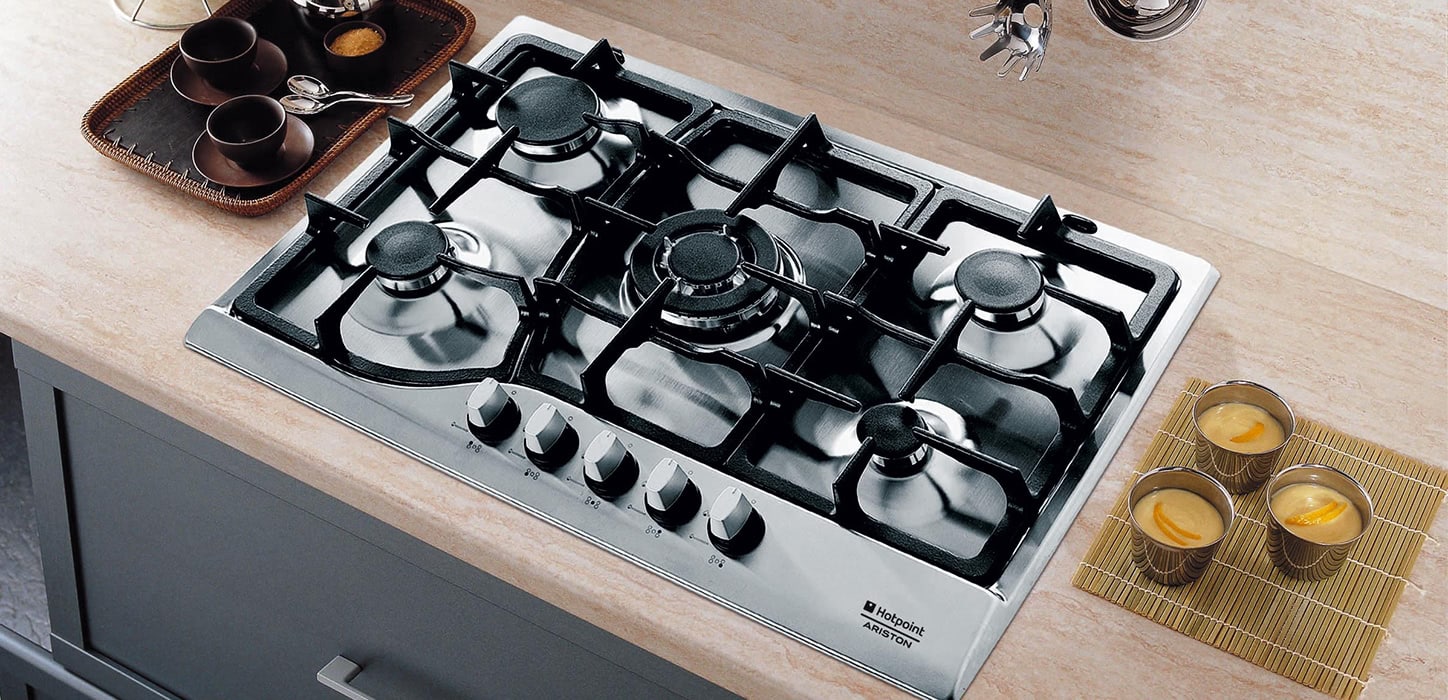
There are 4 different hobs to choose from:
Ceramic: easy to clean and use, but has uneven heat distribution
Induction: only heats the pan or pot, not the actual hob. Quick and energy efficient, but can only be used with iron cookware.
Solid-plate electric: inexpensive but not very energy efficient
Gas: easy to run, energy efficient and instant heat.
Gas on glass: not as quick as the electric version, but more energy efficient and precise
TIP 2
Choose a gas oven with an automatic electric ignition. This will prevent the gas light from burning continuously.
Oven Options
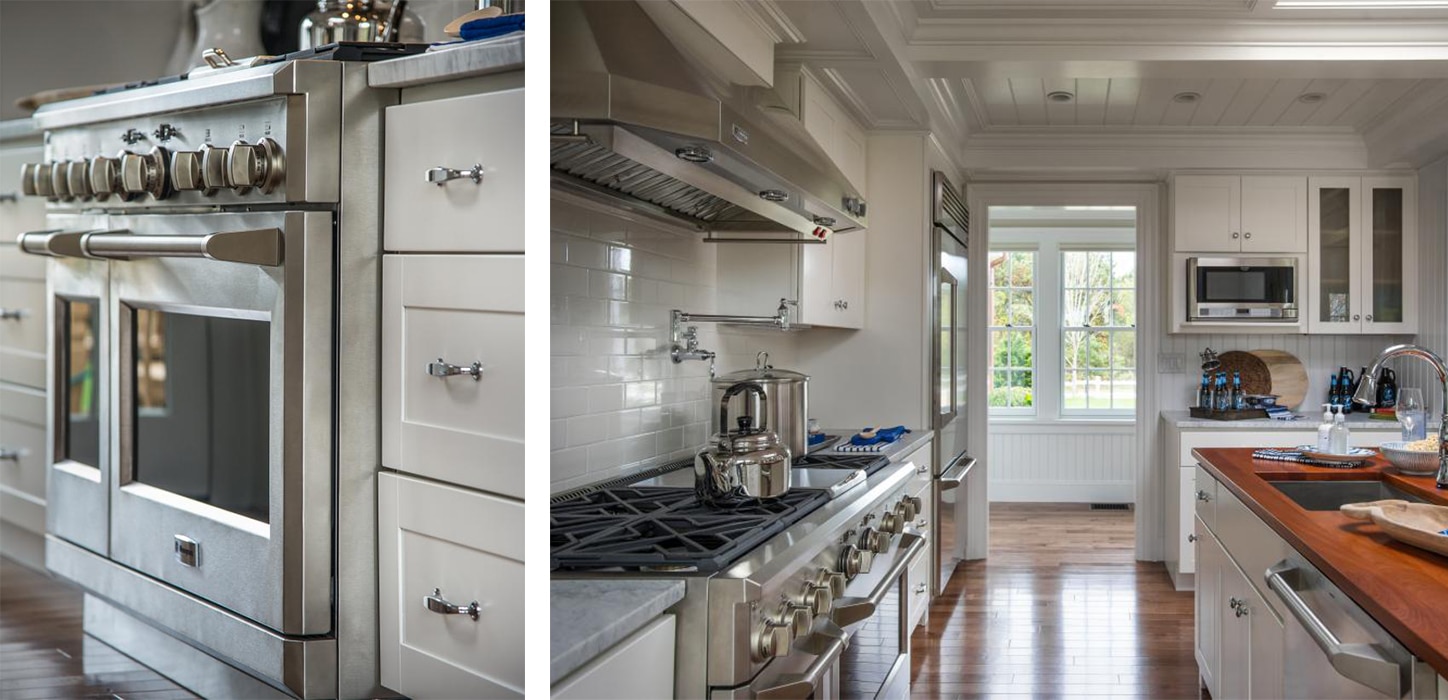
Double or Single: Single ovens are great if you don’t cook regularly or if space is particularly tight. For a bigger family and regular entertainers though, a double oven is essential. These ovens can be built in either below or above counter.
Conventional or Fan-assisted: a conventional ovens heats the air in the oven with an element. In a fan-assisted oven, the air is also circulated through the oven allowing for more even heat distribution, quicker cooking times, and simultaneous cooking on all the shelves.
Gas Ovens: a more energy efficient way of cooking, although in a traditional gas oven the heat distribution is very uneven. Because gas is a moister heat source than electricity, food tends to be more glossy and moist than with an electric oven.
Free-standing: these can be gas, electric or dual-fuel and come in a variety of sizes and price-ranges to suit every design.
Wonderful Warming Drawers
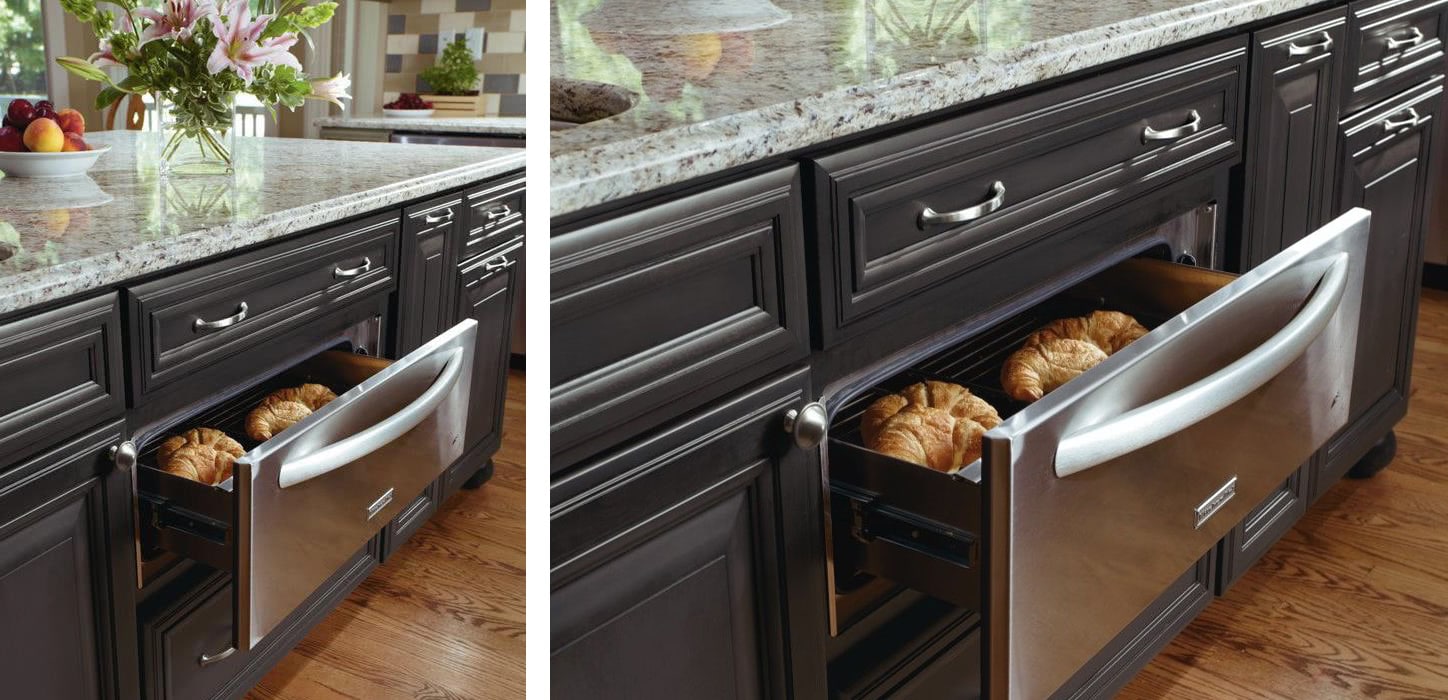
Traditional or older ovens come standard with a warming drawer, but most of their modern counterparts are without.
Warming drawers are extremely useful in a busy kitchen. Here are a few of the functions that they can perform:
- Thaw delicate food
- Keep plates warm
- Keep cooked food warm
- Melt chocolate
- Make yoghurt
- Prove dough
Handy Advice:
When choosing an oven or warming drawer, consider the size of your cook- and bakeware to ensure that they will fit.
Stored Heat Ovens
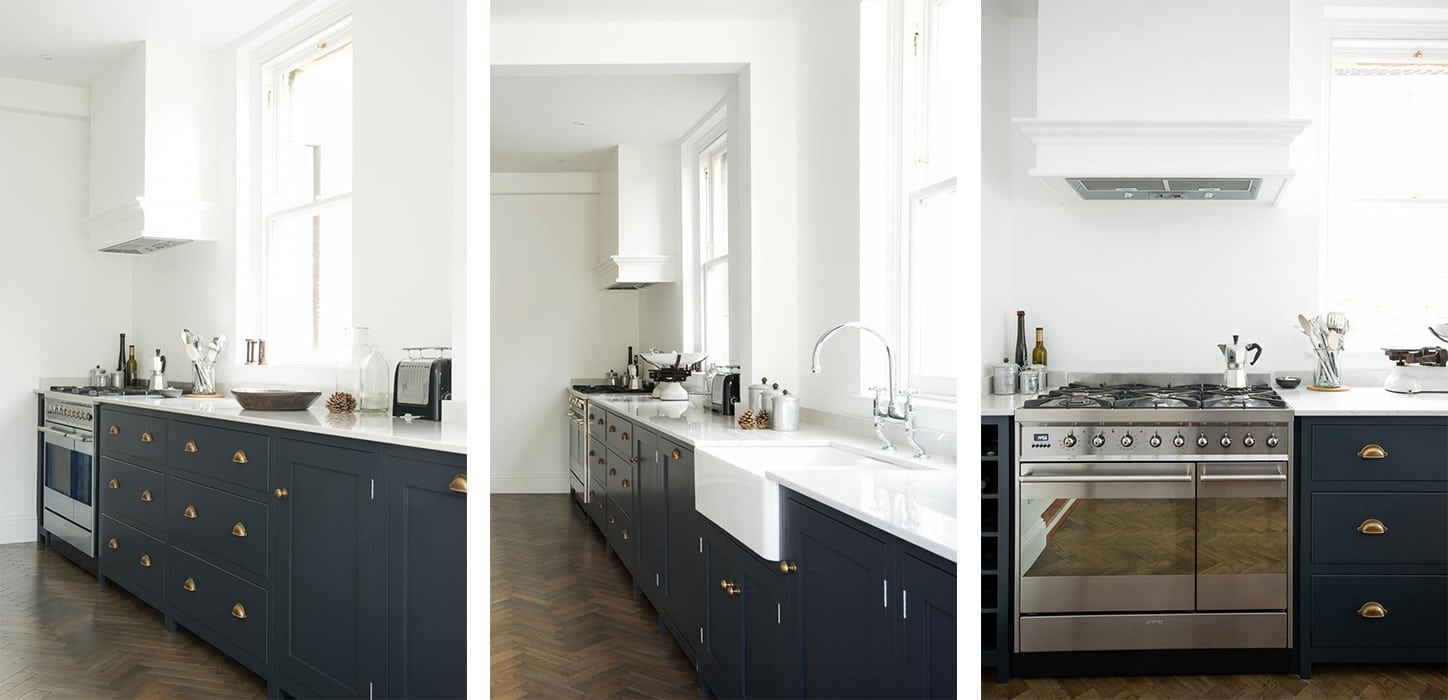
While their origin is very traditional, stored heat ovens have become a modern luxury items.
They take around 6 hours to heat up and then retains that heat.
The heat can be quite varied inside the unit, so moving food around in the oven could be necessary for even cooking so using one of these takes some practice.
Their main attraction, aside from their beautiful shape, is that they are also a heat-source for the home. This however does mean that they are costly to run and therefore are becoming more scarce in modern homes.
TIP 3
Cook multiple dishes while your oven is heated, and freeze them for quick and easy home-made meals.
Gas, Electric or Dual Fuel?
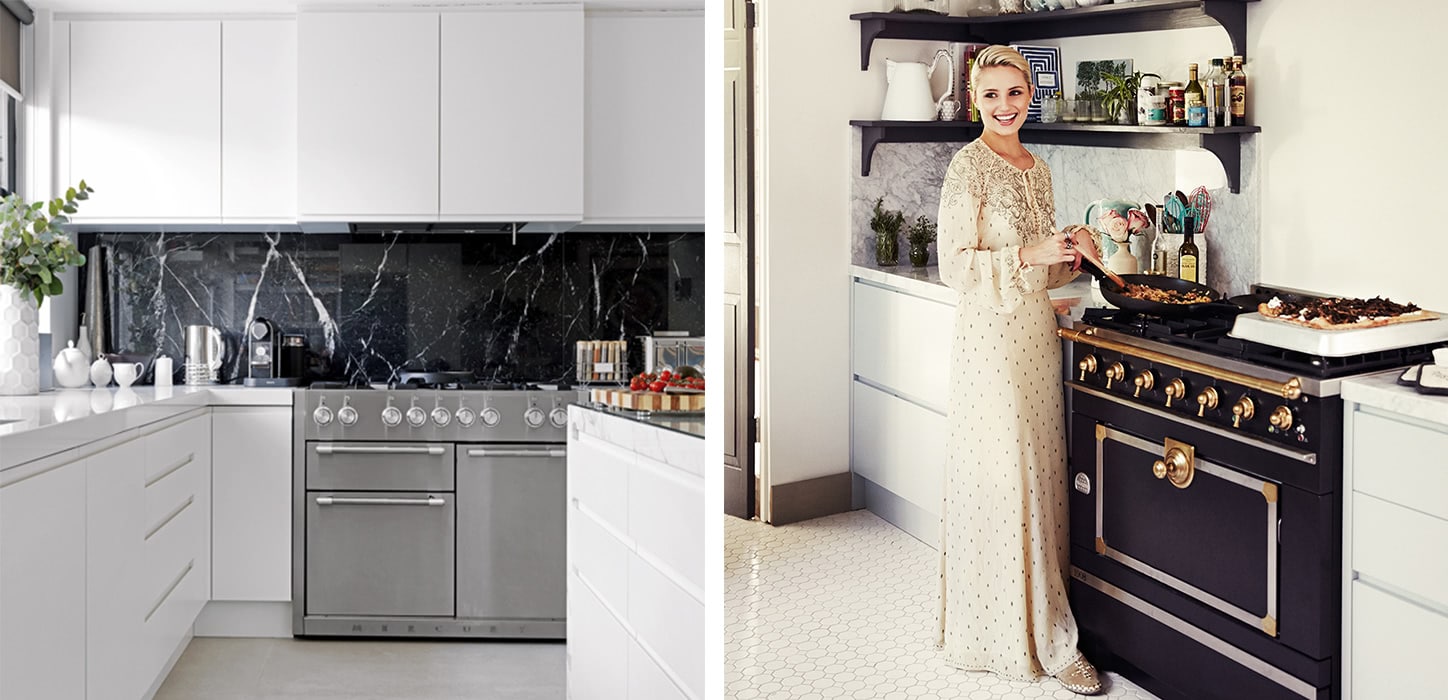
Here are 5 points to note when choosing between gas, electric or dual fuel:
- Gas hobs are very popular for the fast, efficient and even heating capabilities
- Electric hobs however are easier to clean.
- Gas ovens tend to not heat evenly which is perfect when cooking dishes that need varying temperatures.
- Electric ovens cook evenly and when they’re fan-assisted, they cook quicker as well.
- Dual-fuel gives you the best of both with a fast and efficient hob and oven.
TIP
Consider the existing services in your home: changing gas to electric or vice versa can be costly.
Extraction Options
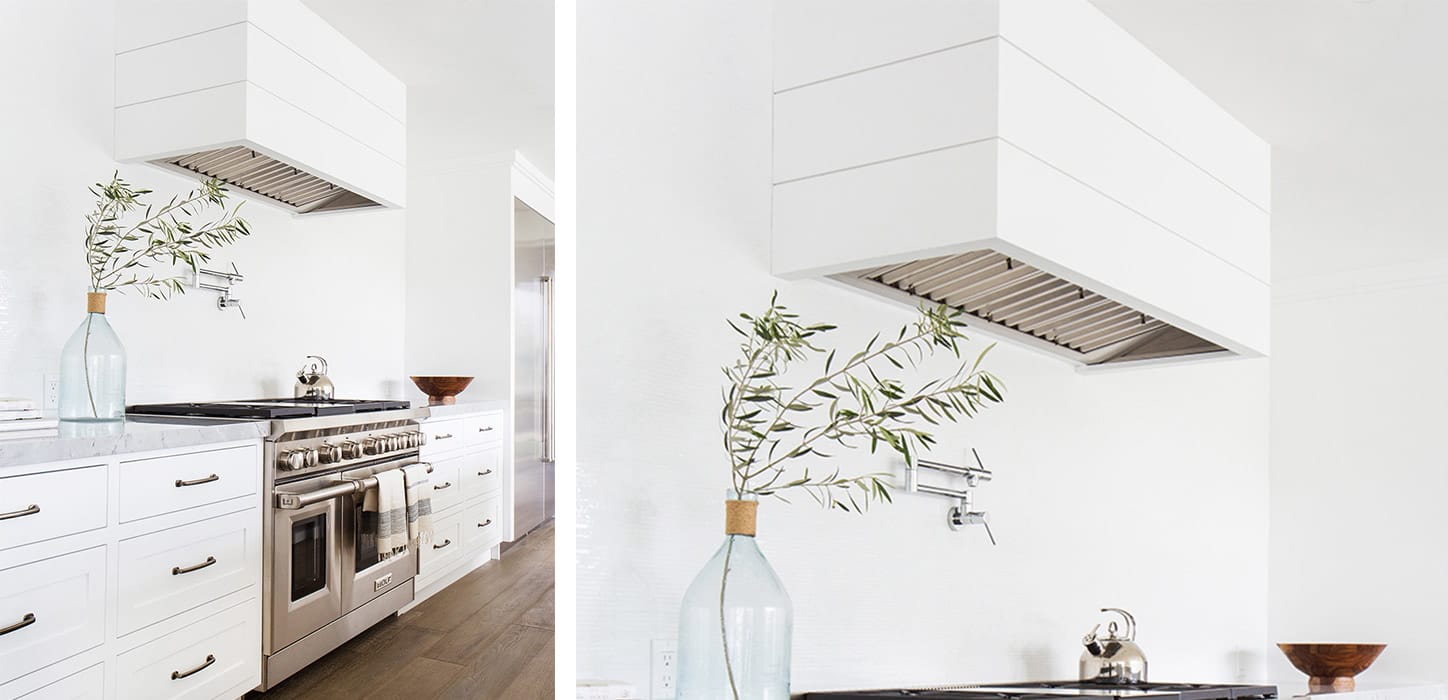
Ducted or Reticulation?
A ducted unit has pipe that leads to the exterior of your home, while a reticulation unit filters the air within it itself. Knowing which one you’re in the market for is the first step.
Because of the installation implications of a ducted unit, the reticulation models tend to be more cost-effective – although not as efficient.
Noise Levels
All extractor hoods come with a dB (decibel) rating so consider the amount of noise it will generate and how that will impact the surrounding living areas.
Capacity
To calculate the required capacity, determine the volume of the kitchen (length x width x height) and multiply that by 10 (number of air exchanges required per hour).
The type of food that will be cooked also has a big impact on the functioning of the extractor, so keep that a part of the discussion when talking with your sales consultant.
Extraction Hood Styles
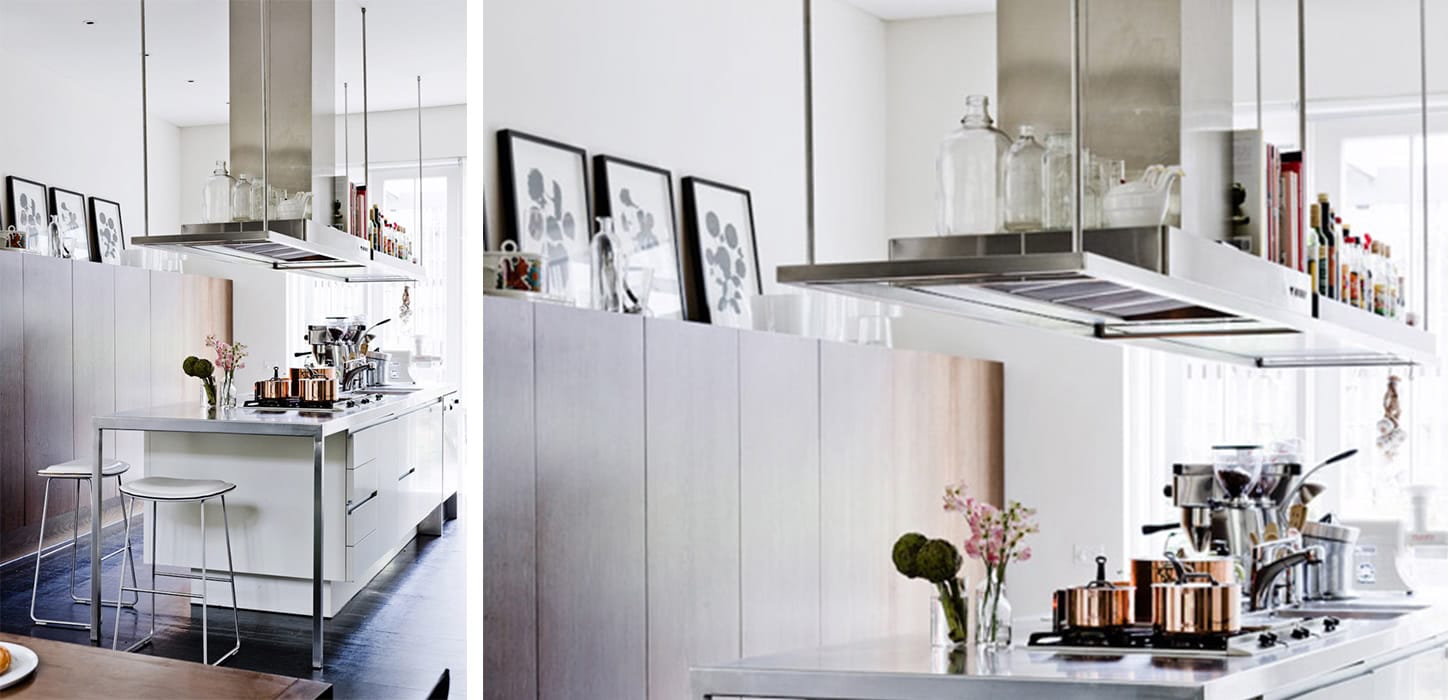
Ceiling Extractors
Mounted into the ceiling, they require external extraction.
Wall-mounted Extractors
Installed to enable extraction through the adjacent wall.
Island Extractors
Above an island, they can be ducted through the ceiling or of the reticulation variety.
Decorative Pendant Extractors
A suspended extractor that is mostly only of the reticulation variety. Some of them feature fancy designs to resemble light fittings.
Downdraft Extractors
A mechanical unit that is installed directly behind or next to the hob, they rise out of the work surface when in use and retracts to within the cabinetry when not.
Canopy Extractors
These built-in unit are integrated into the cabinetry above the hob and are thus hidden from few for a seamless look.
Choosing The Right Fridge
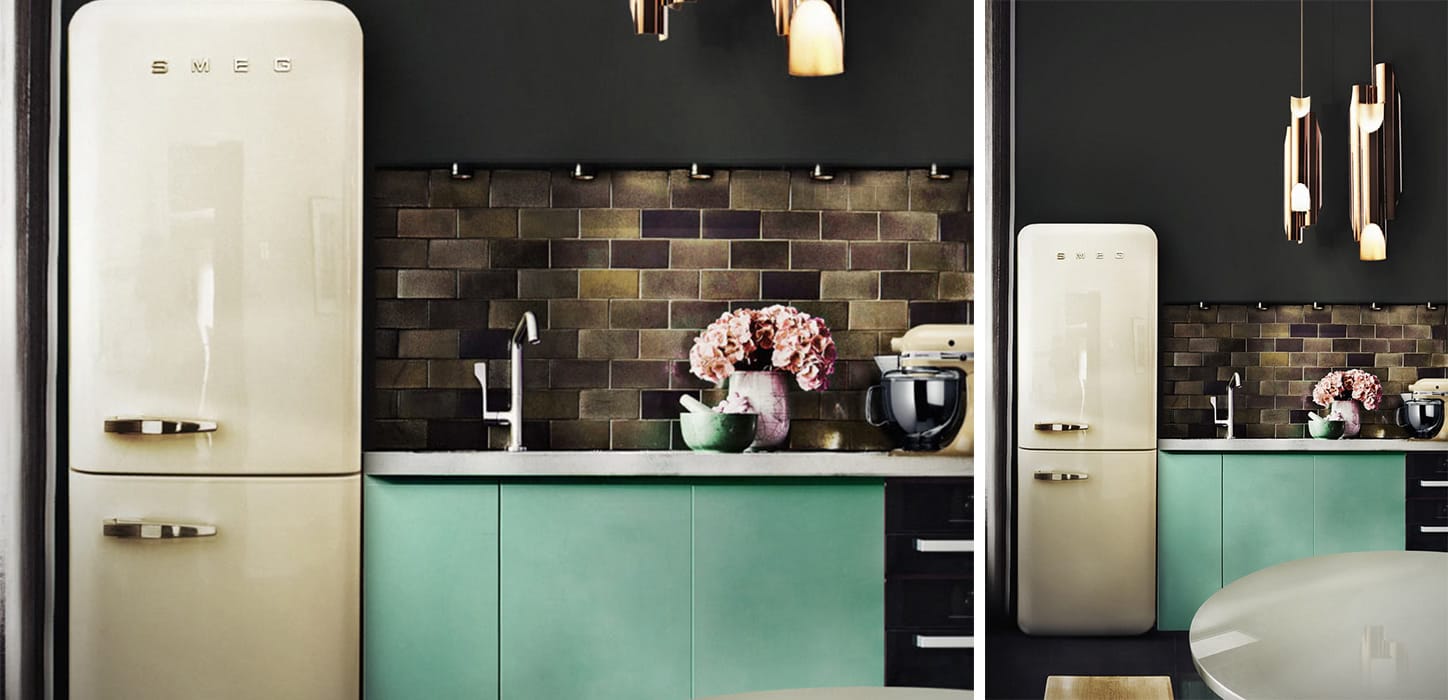
Space
Available space is the biggest consideration when choosing a new fridge. Consider whether you want a full upright, or if you should rather opt for under-counter units.
What are your spatial requirements?
Do you consume mainly bottled water? Do you store lots of fresh fruit and veg? Does the unit need to make ice?
Size matters
A bigger family will naturally demand more refrigeration capacity, like a side-by-side unit.
Cleaning
High gloss glass or stainless means high maintenance. Opt for faux stainless steel finishes if you’re not keen on cleaning.
Green
An energy efficient fridge will also greatly help your bill.
Budget
Buy the best that you can afford to ensure that it lasts you a good number of years.
The Cold Zone: Chest Freezers & Up-rights
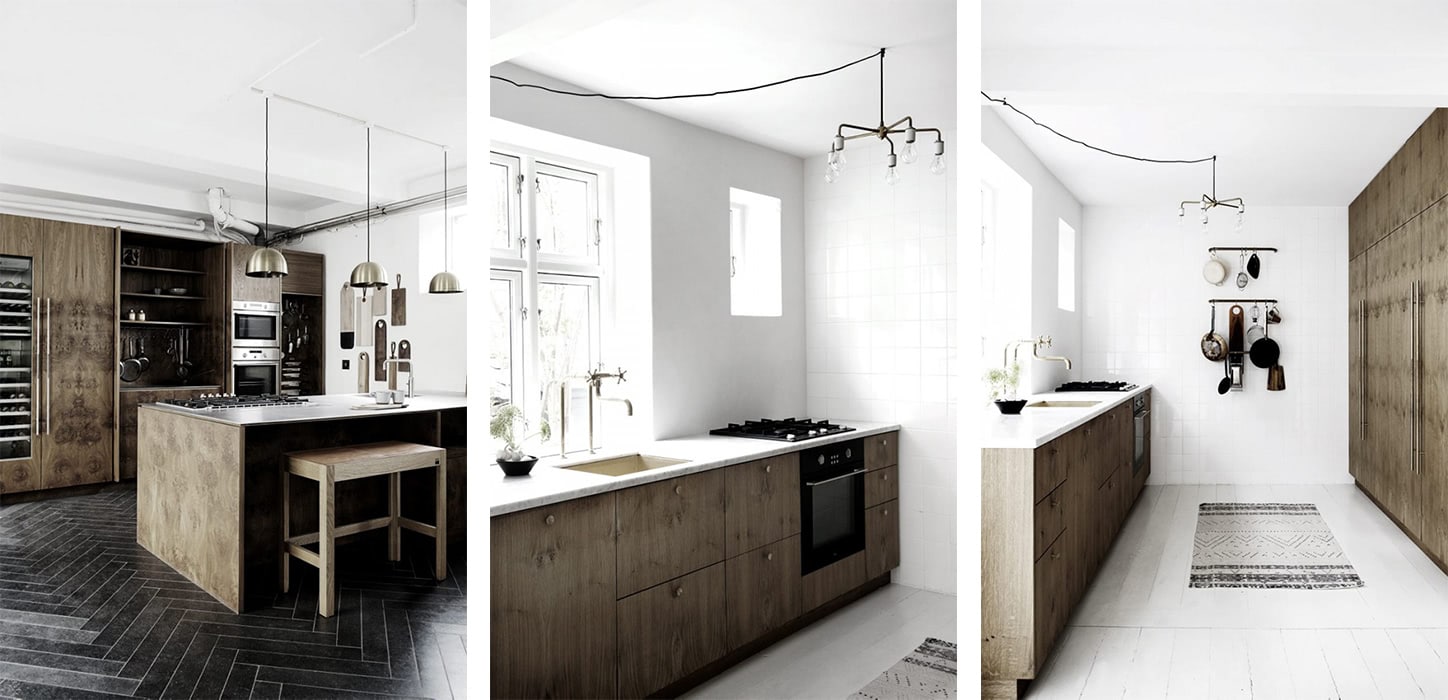
Chest Freezers
If you have the space a chest freezer is one of the handiest things you could invest in. Perfect for storing freezer foods.
Choose a unit with removable baskets to that you don’t have to unpack everything on top to get to the food at the bottom. A great item to have if you regularly buy bulk.
Upright Units
These units are more accessible than chest freezers although they don’t store as much. This is a better option if you tend to buy smaller quantities more often.
TIP 4
Regularly tend to manual-defrost refrigerators and freezers; ice build-up decreases their efficiency.
What To Look For In A Dishwasher
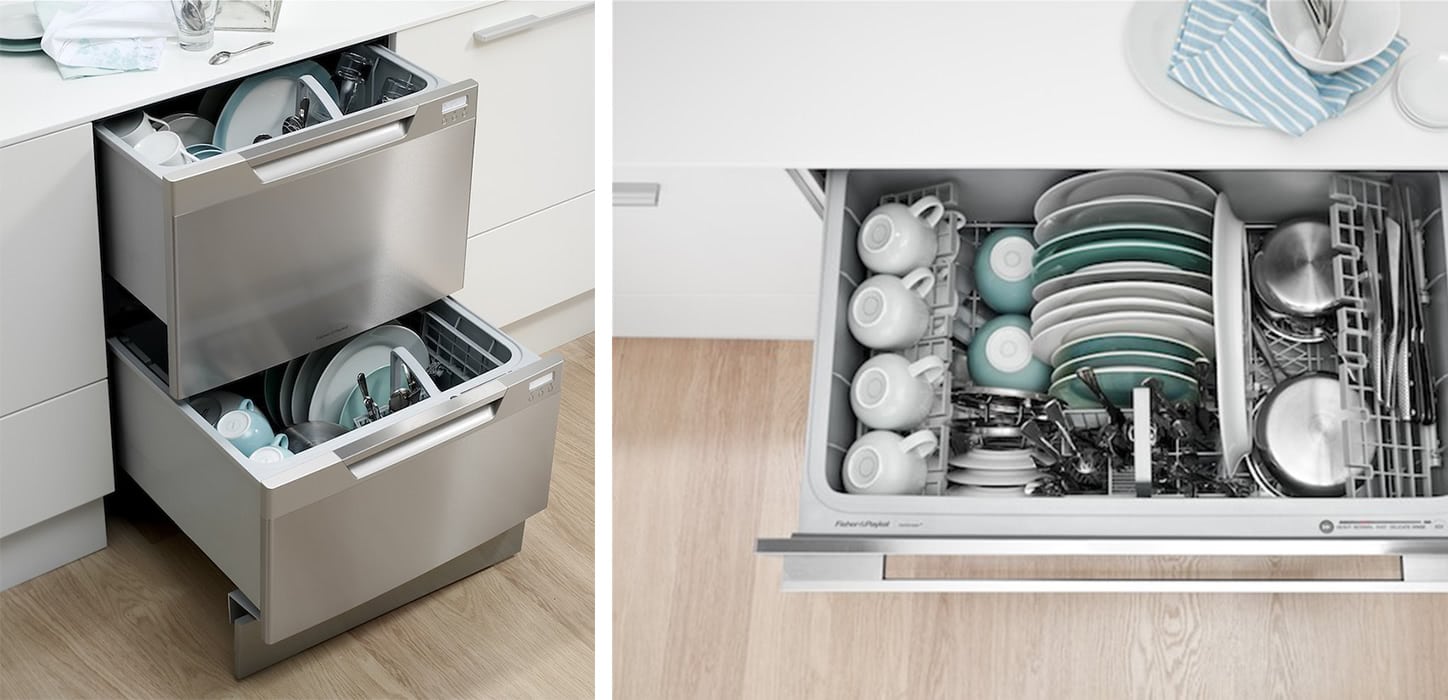
As with most appliances, consider your lifestyle and the quantity that the machine will need to handle.
- Dishwashers come in 3 standard sizes: full (120-150 items), slimline (90-100 items) and compact (40-60 items)
- Freestanding or integrated: units are either bought off the shelf and placed in the kitchen, or installed to form part of the kitchen design. Integrated units can be completely hidden from view behind cabinetry or the control panel of the machine can be left exposed.
- Some dishwashers offer additional functions, like adjustable shelves and prongs for bigger items, larger spray-heads for intense cleaning, child safety locks and measures to prevent accidental flooding.
Washers, Dryers And Combo’s
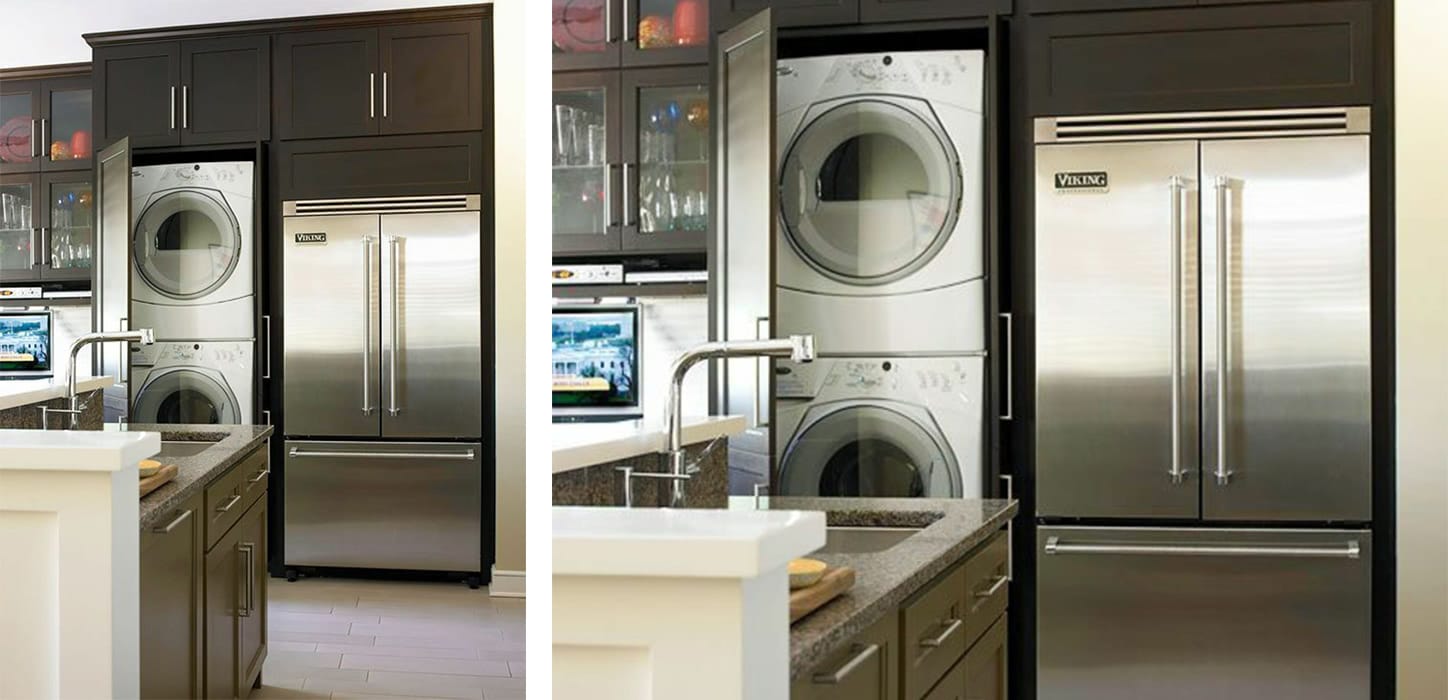
Washers
Front loaders can be fitted under or above counter and use less water than front-loaders. The latter however can be slimmer in design so are great in narrow spaces.
Dryers
Condenser dryers have a water tank that has to emptied after use. This allows them to be used in any room in the house. Vented dryers have a hose that has to be connected to a duct or window so that hot air can escape.
Washer-Dryer Combos
Combo’s are great for small spaces and where smaller loads of laundry have to be done. Don’t overload the machine to ensure that clothes dry sufficiently during the drying cycle. Consider the energy rating of these appliances since that will ultimately have an impact on your long-term spend.
Handy Advice
Lint is a large fire hazard so ensure that you clean both your washing machine and dryer regularly.
Conventional Vs. Convection Microwaves
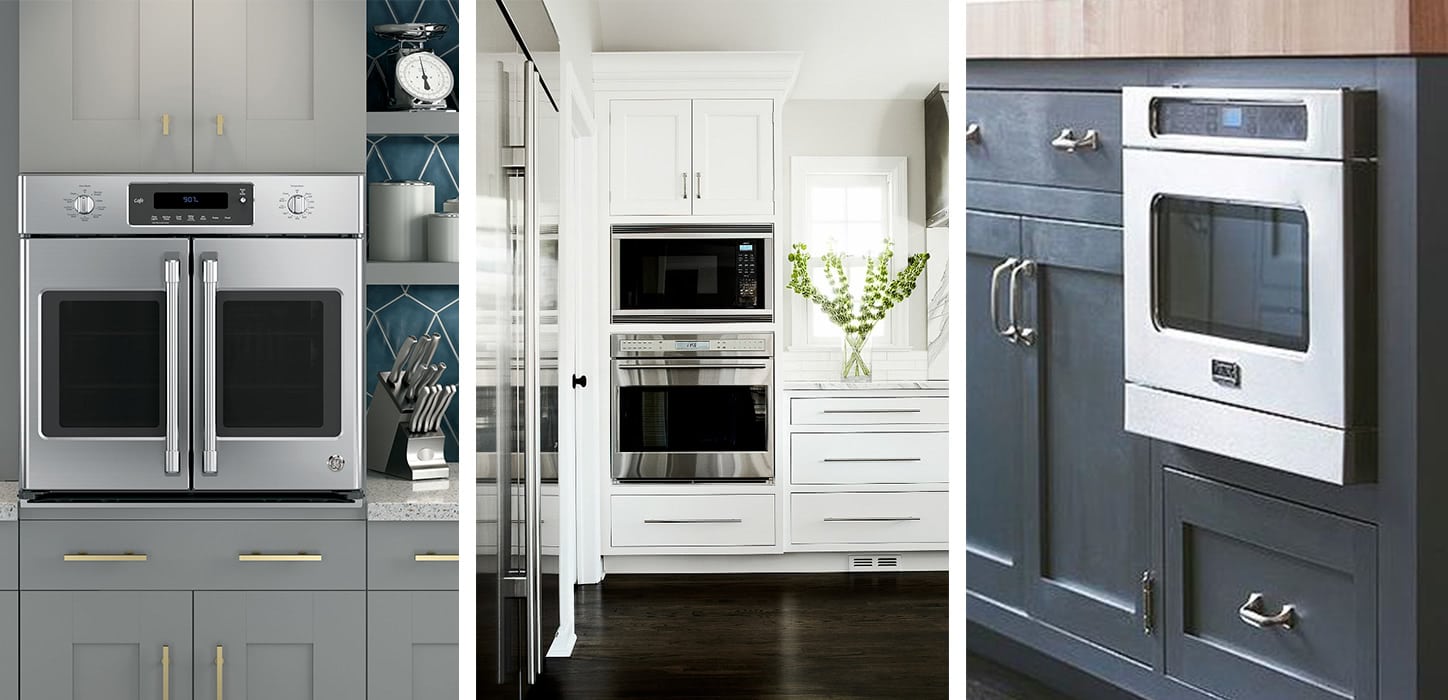
Microwaves use radiation to heat molecules within food, where a convection microwave has the same function as well as the ability to circulate air in the appliance. Here are the pros and cons of both:
Conventional Microwaves:
- Cost effective
- Very quick to use
- Can accommodate plastic
- Reduces crispiness and flavour of food
- Doesn’t have browning capabilities
Convection Microwaves:
- More expensive
- Can function as a both a microwave or oven, combined or separately
- Can use metal cookware on the convection setting
- Great for baking, cooking and reheating
Our Top 10 Small Appliances
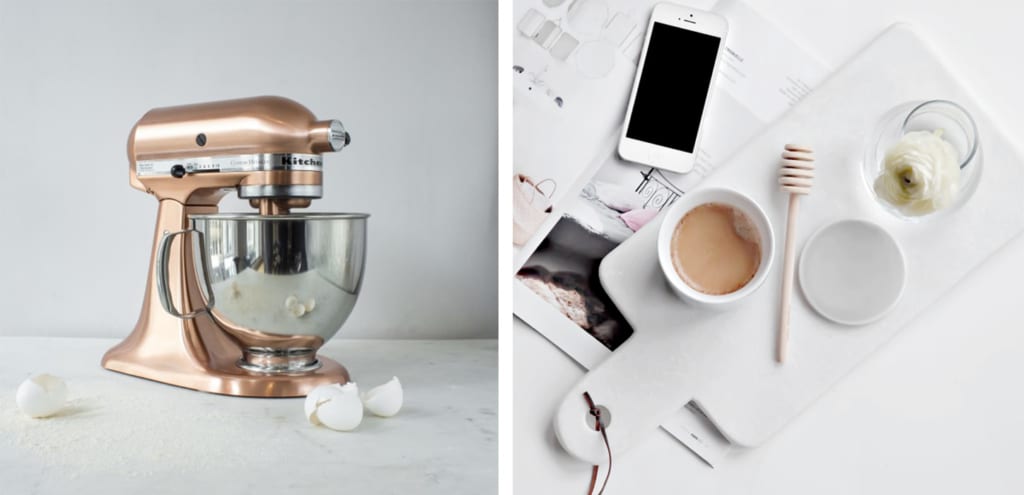
1. Toaster
No home should be without it.
2. Food Processor and Blender Combo
Take the effort out of chopping, grating and blending.
3. Coffee machine
A great investment if you appreciate a decent cup.
4. Electrical grill
A healthy option, smoke free and easy to clean.
5. Juicer
You know it’s great for you!
6. Fryer
Guilty pleasure for perfect French fries every time.
7.Mixer
Mixing, whipping and whisking to heart’s content.
8. Hand-held blender sets
Great for mixing, chopping, blending and pureeing.
9. Rice cooker
Cooks rice perfectly every time.
10. Slow cooker
Easy, delicious meals that simmered all day.
Contact Us
Call us on: 01 230 0336
Dun Laoghaire
129 Oliver Plunkett Road Dun Laoghaire
Dublin
